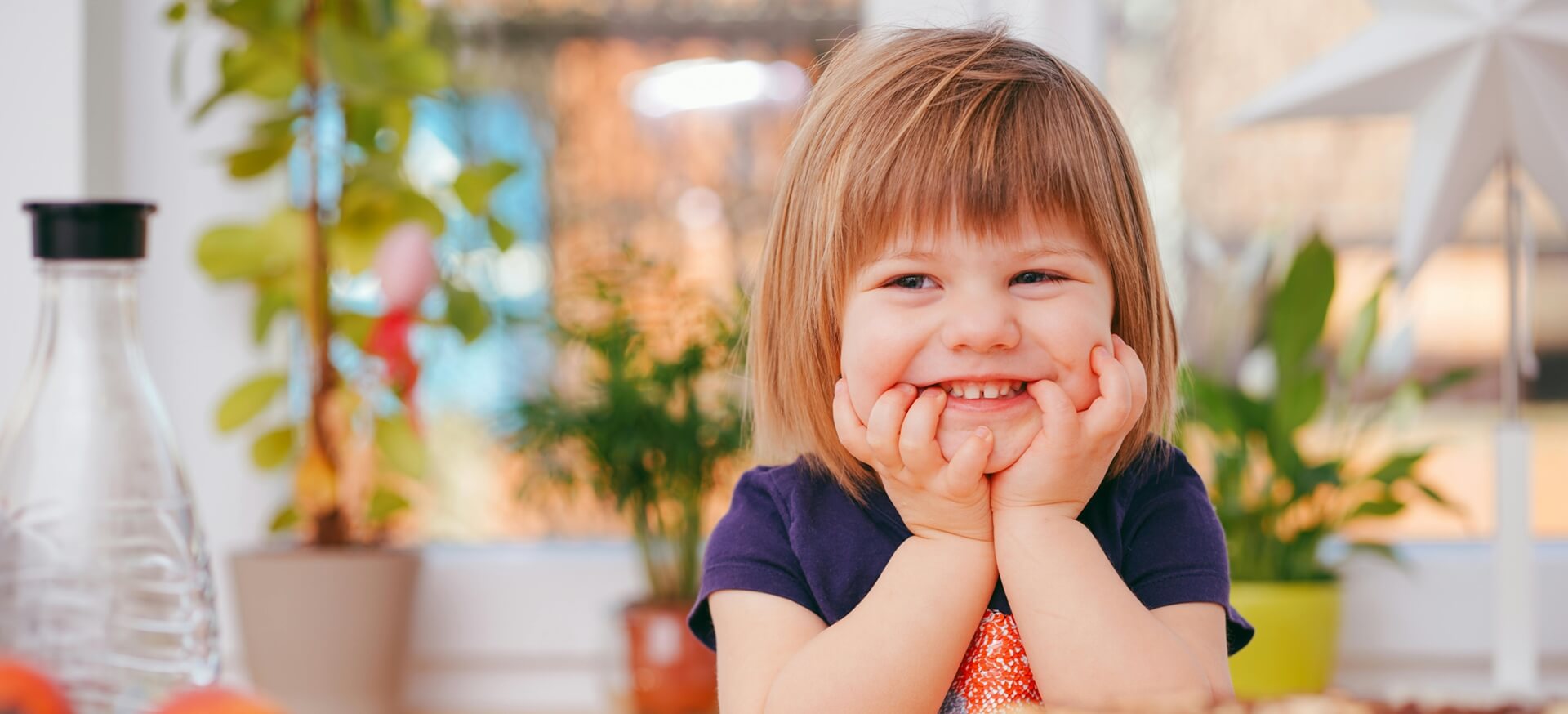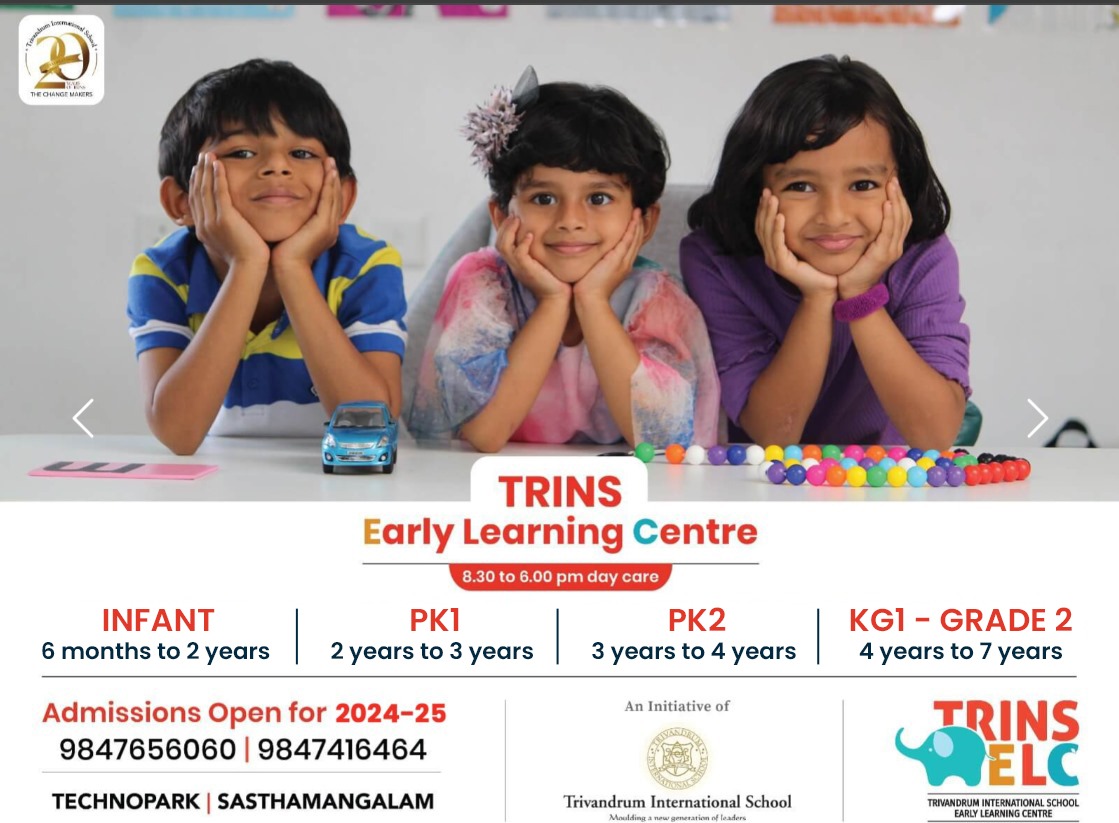


Teaching Gratitude and Kindness in Early Childhood

Gratitude and kindness are more than just good manners; they are essential life skills that lay the foundation for strong character and emotional intelligence. Early childhood is the most formative stage for learning values that shape how children interact with others and view the world. When young learners are guided to express gratitude and practise kindness, they develop resilience, empathy, and a positive outlook that benefits both their social and emotional growth.
Why Gratitude and Kindness Matter in Early Years
Preschoolers and kindergarteners are at a stage where they begin to understand relationships, emotions, and consequences. Teaching gratitude helps them appreciate what they have and acknowledge the role of others in their lives. Similarly, practising kindness nurtures compassion and cooperation. These values not only build stronger peer relationships but also reduce behavioural issues such as aggression or selfishness. A child who learns to say “thank you” or offer help to a friend is learning far more than politeness; they are building a foundation for meaningful human connections.
Developing Emotional Intelligence through Gratitude
Gratitude encourages children to recognise positive experiences and focus on what makes them happy. This reflection strengthens emotional regulation and reduces feelings of frustration or envy. For example, when a child is encouraged to talk about what made them smile during the day, they begin to see value in small acts of kindness. This habit of reflection, when nurtured over time, becomes an integral part of their emotional intelligence, enabling them to face challenges with optimism.
Kindness as a Social Skill
Kindness is not only an individual quality but also a vital social skill. Simple actions like sharing toys, comforting a sad peer, or helping with small tasks teach children the importance of cooperation and empathy. In a classroom setting, teachers who model kindness through words and actions set an example that children naturally imitate. Over time, consistent practice of kindness builds a culture of respect and inclusivity among young learners.
Impact of Gratitude and Kindness in Early Childhood
| Aspect | Role of Gratitude | Role of Kindness |
|---|---|---|
| Emotional Growth | Helps children reflect on positive experiences and emotions. | Encourages compassion and emotional support for peers. |
| Social Interaction | Promotes appreciation of others’ efforts and contributions. | Improves cooperation and strengthens friendships. |
| Behaviour | Reduces envy and fosters contentment. | Minimises aggression and builds respect for others. |
| Long-term Values | Cultivates a positive outlook and resilience. | Shapes moral character and inclusivity. |
Practical Ways to Teach Gratitude and Kindness
Storytelling is one of the most effective methods to teach values. Stories of characters who show kindness or express gratitude allow children to connect emotionally and learn indirectly. Teachers and parents can also encourage gratitude rituals such as a “thank you circle” where children share something they are thankful for each day. Kindness can be nurtured through group activities like planting a garden together, making greeting cards for community helpers, or caring for classroom pets. Such experiences transform values into lived actions rather than abstract concepts.
The Role of Parents and Teachers
Parents and teachers serve as the most influential role models. When adults consistently demonstrate gratitude and kindness, children mirror those behaviours naturally. Saying “thank you” to children for their efforts, acknowledging their small acts of kindness, and showing appreciation to others in daily life make these values more relatable. At school, teachers can integrate gratitude journals, kindness walls, or celebration of kind acts into the curriculum to create a nurturing environment.
Building Lifelong Habits
What begins as simple acts of gratitude and kindness in early childhood often grows into lifelong habits. A child who learns to acknowledge others develops strong social bonds as an adult. Similarly, consistent practice of kindness builds resilience and adaptability, qualities necessary for facing the challenges of later life. When gratitude and kindness are taught early, they not only improve immediate emotional well-being but also contribute to a society built on empathy, cooperation, and respect.
Conclusion
Teaching gratitude and kindness in early childhood is an investment in the emotional and moral future of children. These values nurture empathy, strengthen social relationships, and lay the groundwork for resilience and positive behaviour. Parents, teachers, and caregivers together hold the responsibility to integrate these lessons into daily interactions. By modelling gratitude and encouraging kind actions, they can shape children into thoughtful, compassionate individuals who grow up to make the world a more caring place.





